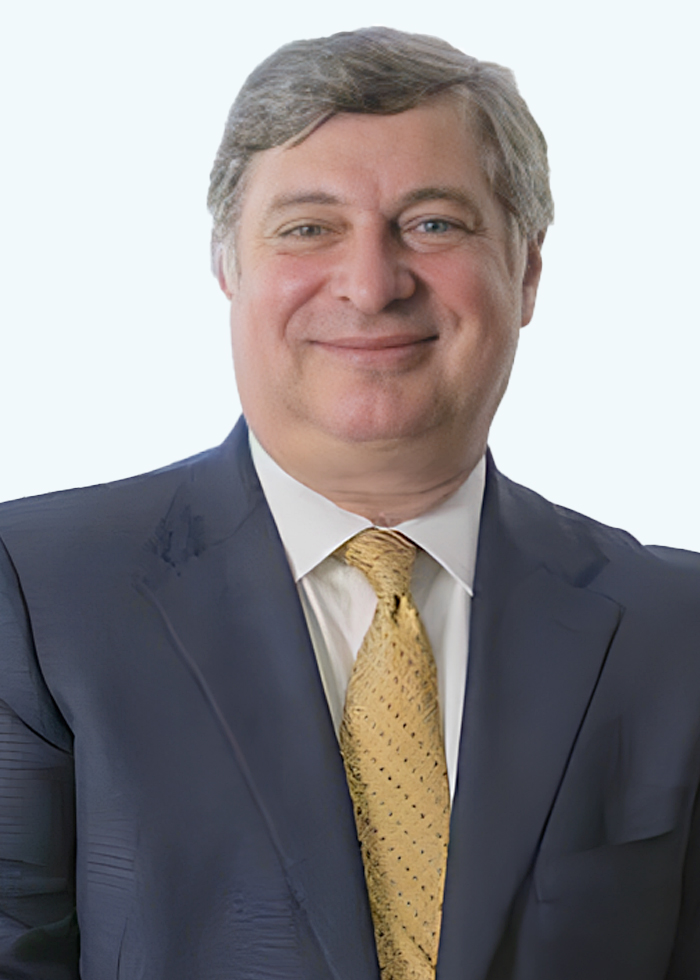Authored by David Postolski, Partner and Patent Attorney at Gearhart Law
Please see David’s previous post, ‘Foreign Patent Filing – annuity fees’ to understand annuity fees.
In the European Union, the annuity fee is paid annually to the European Patent Office (EPO) until the patent is granted. Annuity payments encourage an applicant and patent holder to re-evaluate the economic value of the application and patent on a yearly basis. If the patent application is published by the EPO during the course of the second year after the filing date of the application, renewal fees are payable for the third and subsequent years only. This means that one does not pay EU annuity fees for the first two years as the renewal fee is calculated from the month the application was filed. The due date for payment of the EU annuity is the last date of the month that the application was filed.
Once a European patent is granted, then the subsequent renewal fees are paid to the corresponding European countries where the applicant wishes to validate the patent. This is called European validation.
A European patent is usually granted within 3-4 years from filing. The grant fee has to be paid and the final version of the claims need to be translated to all three official languages (EN, DE, FR). Validation of your EU patent into at least one EU member state must occur within three months from the publication of the grant. In another words, in order for your EU patent to be valid in one or more of the EU contracting states, patent holders must choose to validate their EU patent in those countries where they wish to have protection in. These validation fees may incur additional fees where patent holders will have to file a translation of the granted EU patent in the official language of the national patent office (other than English, German and French which would already have been done as part of the grant process of your EU patent). Translation costs depend on the number of words in the original application.
The 38 contracting states are: Albania, Austria, Belgium, Bulgaria, Cyprus, Croatia, Czech Republic, Denmark, Estonia, Finland, Former Yugoslav Republic of Macedonia, France, Germany, Greece, Hungary, Iceland, Ireland, Italy, Latvia, Liechtenstein, Lithuania, Luxembourg, Malta, Monaco, Netherlands, Norway, Poland, Portugal, Romania, San Marino, Serbia, Slovakia, Slovenia, Spain, Sweden, Switzerland, Turkey and United Kingdom.
Once a patent holder validates in a specific EU contracting state, annuities for each of the chosen countries will need to be paid every year until the patent expires. Budgeting these costs are an important part of a patent holders decisions to decide to foreign file their US patents into the EU as well as in any country that has annuities due. For more information please contact David Postolski at david@www.gearhartstg.wpenginepowered.com


